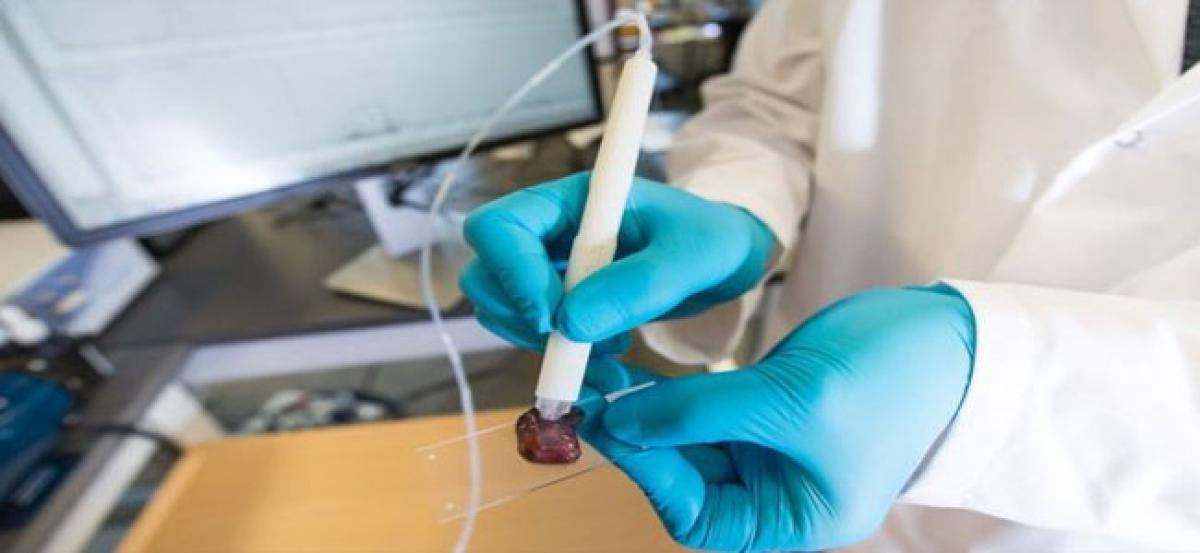Live
- Big showdown over Vikarabad protest
- Prez Murmu to attend LokManthan in Hyderabad on November 22
- RS activists reaches KTR residence . Speculations on BRS leader arrest
- Immunization Workshop Conducted with WHO Collaboration
- Government Will Procure Every Grain Grown by Farmers - MLC Kuchukulla Damodar Reddy
- Nagar Kurnool MLA Dr. Kuchukulla Rajesh Reddy Campaigns in Maharashtra Elections
- Intermediate Students Must Pay Exam Fee for Annual Exams - DIEO G.Venkataramana
- Comprehensive Arrangements in Place for Group-3 Exams in Nagarkurnool District
- Survey Teams Must Inform Homeowners in Advance: Collector Badavath Santosh
- Moscow pledges response to US missile defence base in Poland









